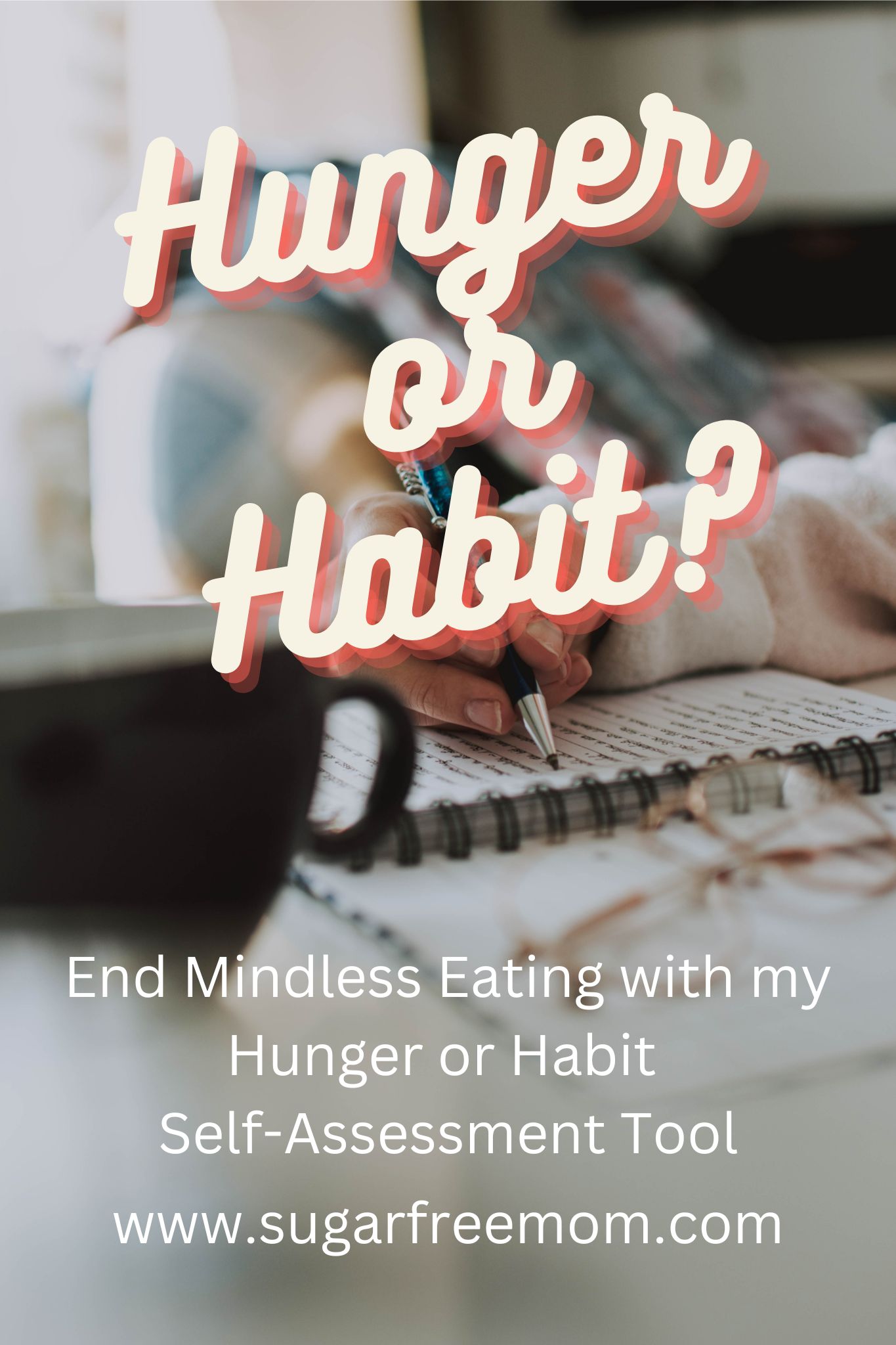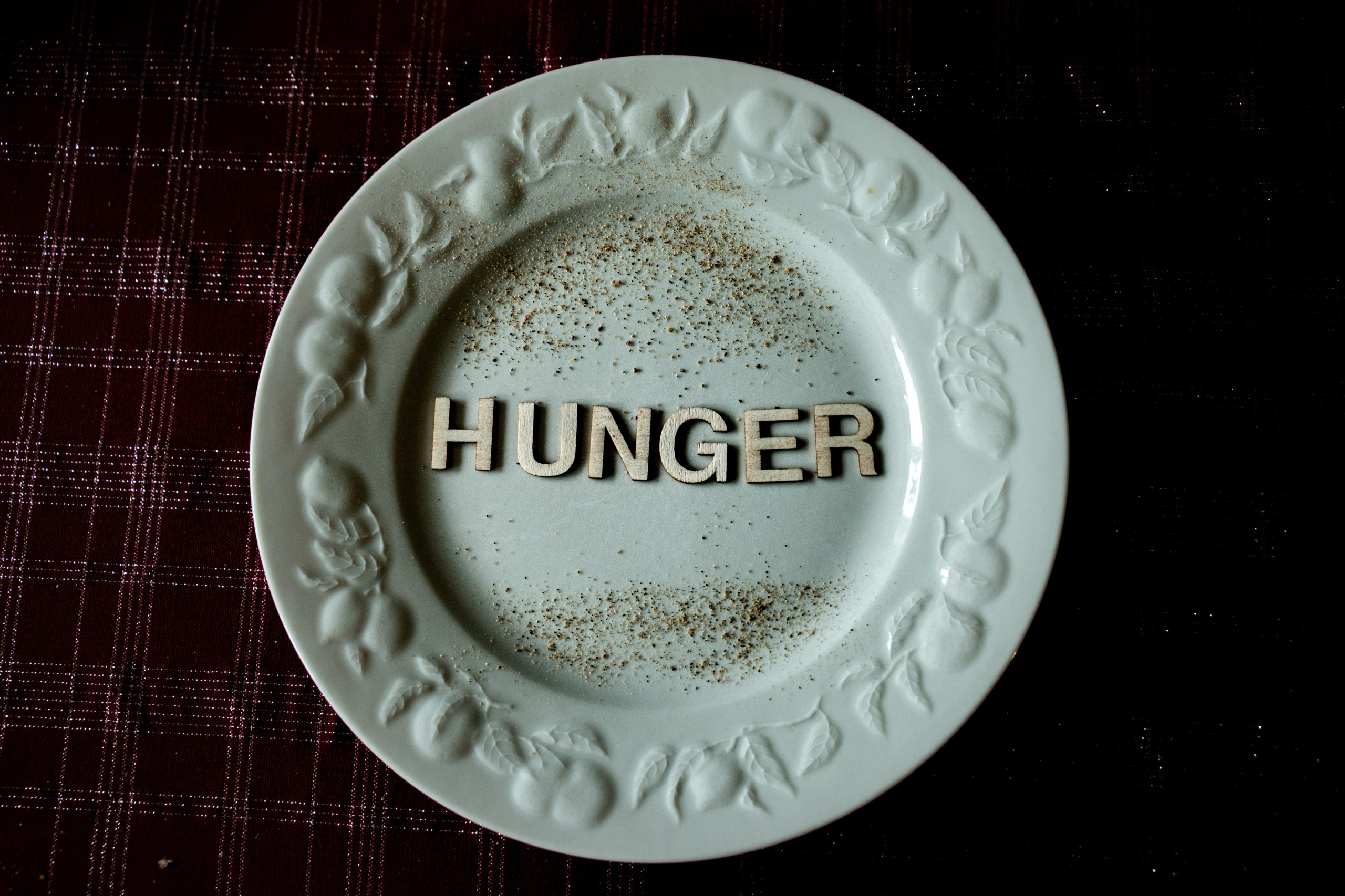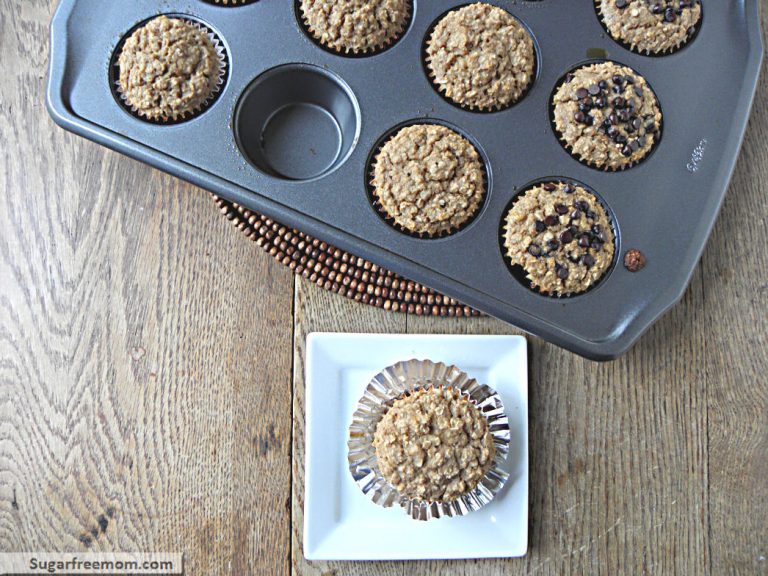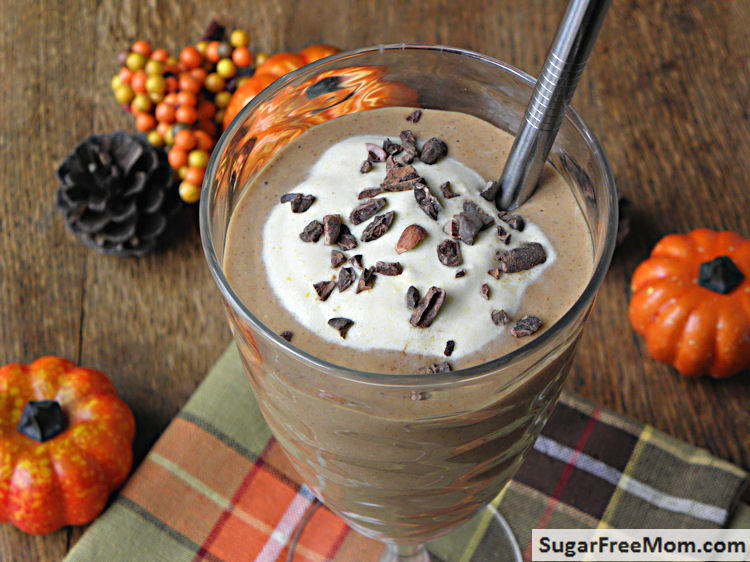How to End Mindless Eating with my Hunger or Habit Tool
Mindless eating can get in the way of reaching your weight loss goals, but my Hunger or Habit tool can help you put a stop to it so eating when you aren’t hungry ends for good.

What is mindless eating?
Have you ever grabbed a snack while working on the computer only to find you ate the entire bag of potato chips without even realizing it? Have you found yourself in front of the tv, with even healthy snacks, and the next thing you noticed it was gone and you barely remember eating it or understanding how you could have “finished it off”?
Eating when you are not hungry or overeating and consuming too much food, past the point of fullness, is mindless eating.
The most common situations for mindless eating tend to happen more often when someone is in front of the television, in a social activity with others, eating while driving, or in some cases, isolated or alone at home. Usually the food choices when mindlessly eating are typical quick comfort foods with sugar and refined carbohydrates.
When you are attempting a weight loss program, mindless eating behavior can add extra calories and gets in the way of losing the weight you desire.

Can you overcome mindless eating?
Yes, one of the most effective ways to reduce mindless eating is becoming aware of this habit before it even starts. When you start becoming more attune to you daily food decisions and begin seeing a typical habit pattern in your day, this recognition is key to creating new habits that propel you toward your goals instead of hinder you.
A person’s hunger is controlled by the hormone, Grehlin. Constantly eating hyperpalatable foods that are highly refined, unhealthy foods with high amounts of sugar and carbs and very little protein can increase this hormone, which then leads to overeating.
Removing sugar and refined carbs and balancing blood sugar is an effective way to regulate your hunger hormone, Grehlin.
Eating nutrient dense whole foods is helpful to change your palate to desiring savory over sweet foods and help regulate your Leptin hormone, which is your satiety hormone that signals to your brain you are satisfied and have eaten enough.
Simple Strategies for Mindful Eating
- Recognize and become aware of your reasons for wanting to eat. Are you bored or lonely and just wanting to distract yourself? Are you procrastinating a work deadline or project? Consider if you haven’t eaten enough whole foods and protein.
- Don’t indulge and give in to the eating. Wait it out about 15 minutes then come back to your question if you think you are truly hunger.
- Portion out the snack. If you are really hunger instead of grabbing the bag, portion out a serving into a bowl or use smaller plates and give yourself a serving of that amount of food you want. Visual cues like this will make you aware quicker once the bowl or small plate is empty, and you finished one serving, then going back for more is not in your best interest if you are tracking your calories, carbs, fat and protein to lose weight.
- If it’s the end of the day, you enjoyed a nice meal with your family at the dinner table, then an hour later you are searching for something to eat, reevaluate your food for the day. Did it include and prioritize protein? Did you include a variety of foods into your day? Did you drink enough water today? Protein is satiating and dehydration can often make you think you are hungry when in fact you might be dehydrated.
- Slow down when eating your next meal. When you start paying much attention to the actual food in front of you rather than the tv or scrolling on your phone, you will notice your actual food consumption and may in fact get fuller quicker when you don’t distract yourself with other things.
- Use a food journal to plan your foods ahead of time, preferably 24 hours in advance. When you plan your food choices beforehand, you will be less likely to cave to the bag of chips or fast food since you’ve already made a food plan for healthy choices. Your brain likes routines and plans and getting into the habit of planning your food uses the part of your brain that has your best interest at heart rather than giving into impulse food-related decisions when your daily life struggles and circumstances happen.
Is emotional eating the same as mindless eating?
No, emotional eating is not the same as being a mindless eater. It certainly can be a form of overeating when you are not hungry because you are seeking comfort to push down those emotions, but often mindless eaters have formed habits that happen when they are multitasking.
When I coach my clients who are in my 6 week Sugar Detox Course, on how to tell the difference between eating over emotions and simply having some mindless eating habits, the best way to understand the difference is noticing your emotional state.
Are you angry over an email you received or a fight with your spouse? Are you anxious over a work deadline and looking for something to distract yourself? Are you feeling sad over some bad news you received and want comfort with junk food? This instances are emotional eating.
What is the Hunger or Habit Tool?
The Hunger or Habit Tool is a self-assessment quiz I created to bring awareness even before you grab that snack and think you might be hungry. It’s an 8 question quiz that you answer and add up your points to help you determine whether you might be truly hungry or it might be just a habit.
The tool has been a great way I’ve helped thousands of women in my online 5 Day Sugar Detox Challenge and 6 week Sugar Detox course to end mindless eating and become a more mindful eater. Bringing awareness to your habits that are hindering your weight loss efforts is the first step in unconscious decisions that would derail your efforts.
The next time you “think” you might need a snack, use my Hunger or Habit Tool to quiz yourself and then decide if you really are hungry or it’s just habit.
You can get that tool here by subscribing to my free email newsletter.

Who is Sugar Free Mom?
Brenda Bennett is a Nutritional Therapy Practitioner, Sugar Detox Coach, Certified Keto Coach and author of The 30-Day Sugar Elimination Diet and Naturally Keto. She has coached thousands of women to successfully lose weight and keep it off in her online detox course since 2012. Her website sugarfreemom.com shares sugar-free, low-carb and keto recipes for the whole family since 2011. She holds a Master’s Degree in Special Education with an expertise in Behavior Modification.
Medical Review by Dr. Ken Berry
References:
From Mindless Eating to Mindlessly Eating Better (2010) Physiology & Behavior
Distraction, the desire to eat and food intake. Towards an expanded model of mindless eating (2013) Appetite.
What does it mean to overeat? (2020) Eating Behaviors.







